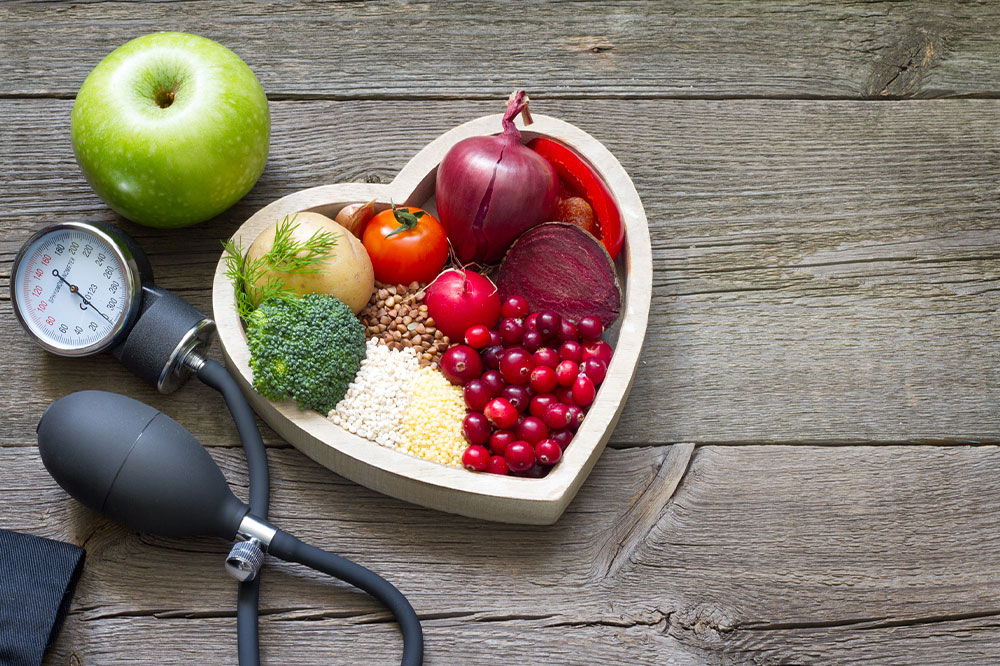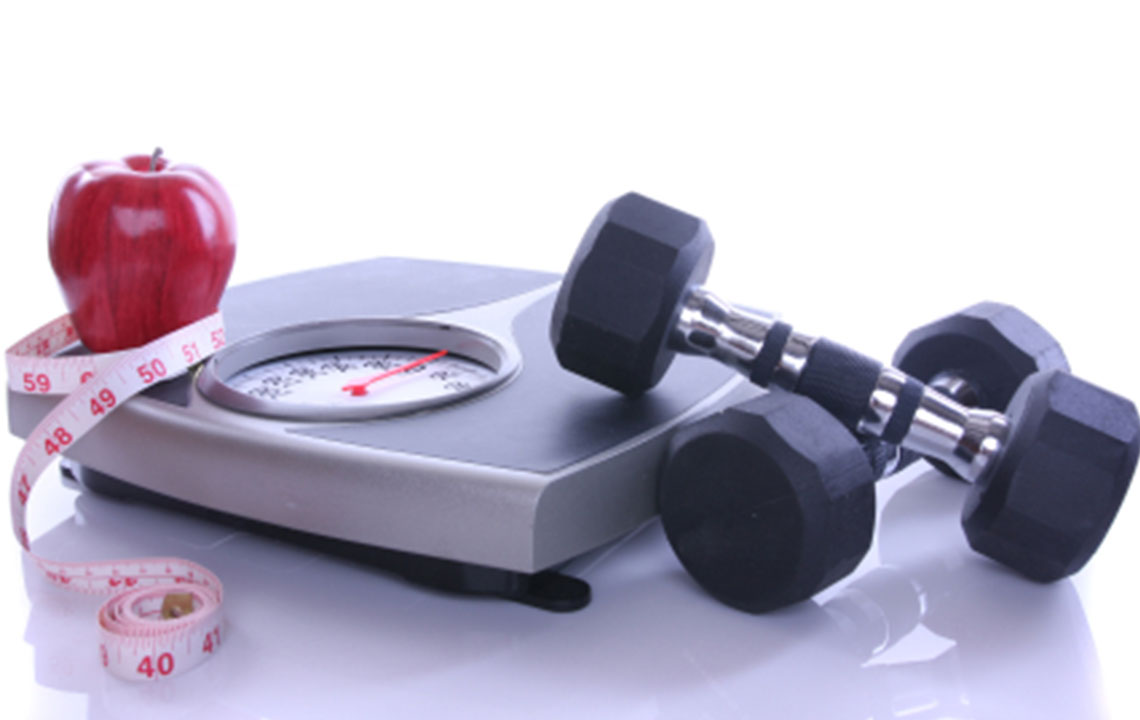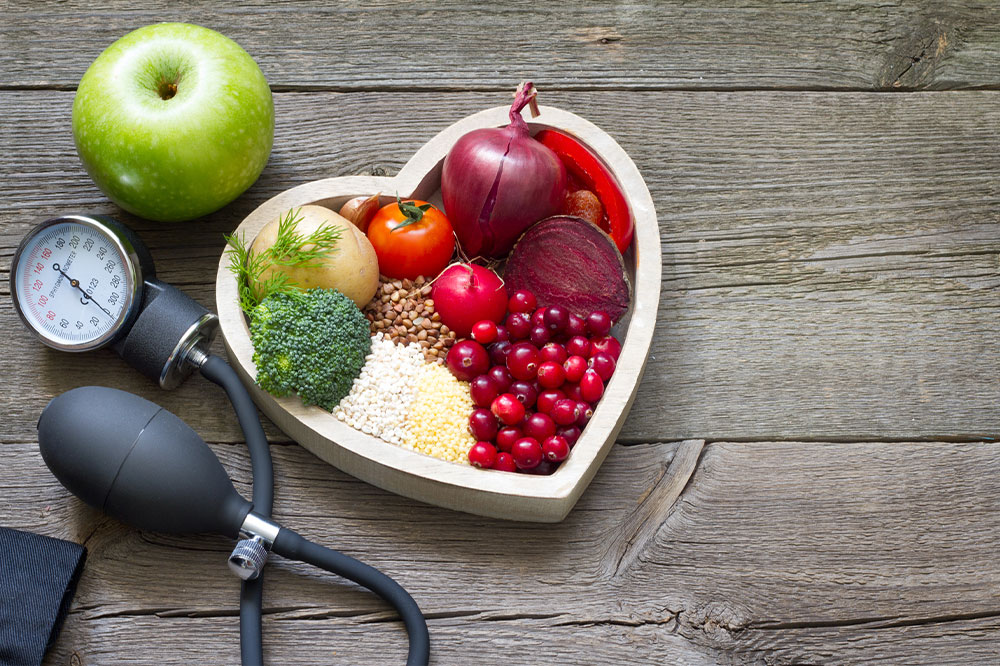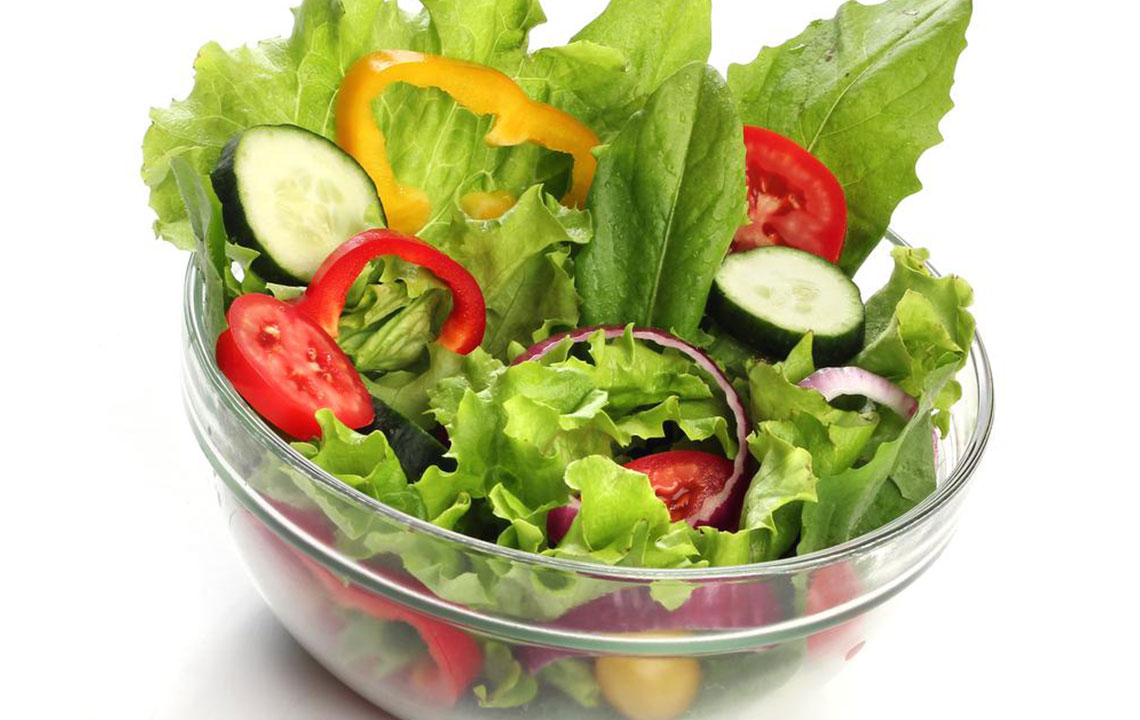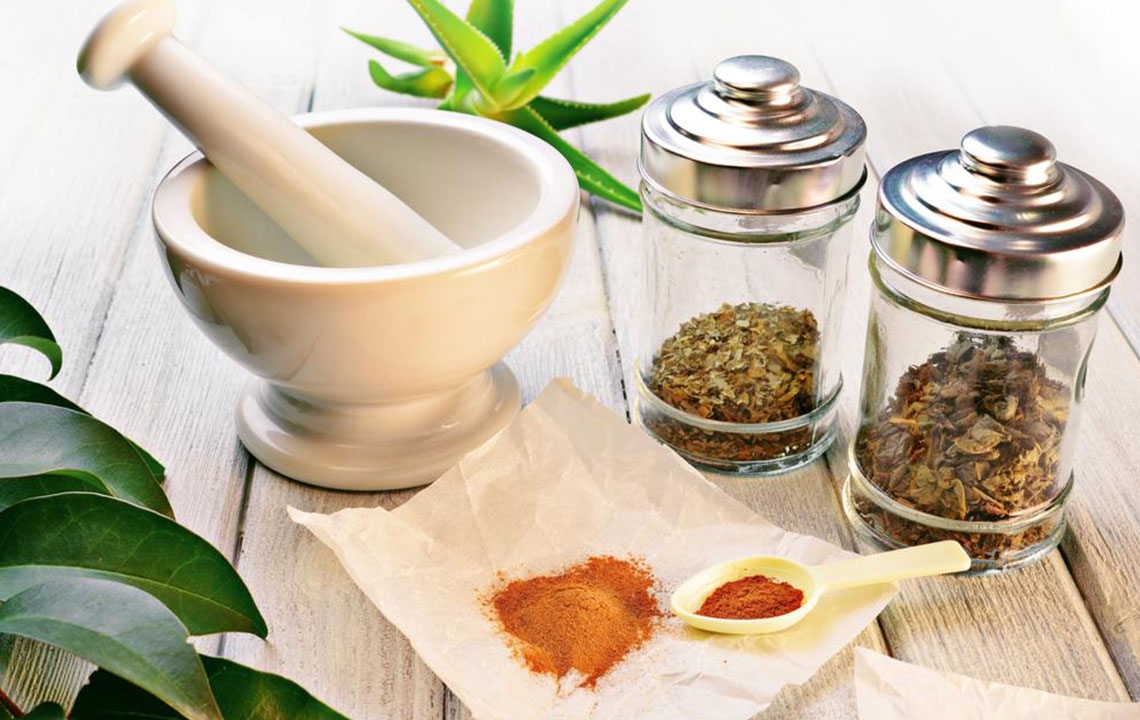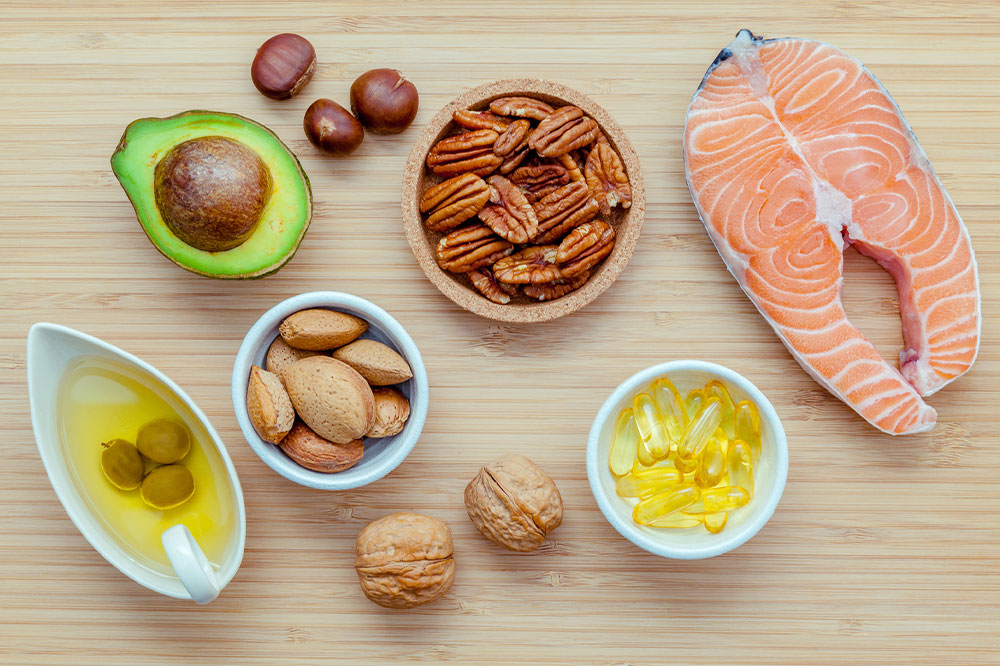Effective Natural Strategies to Lower Cholesterol Safely and Improve Heart Health
Discover comprehensive natural methods to effectively lower cholesterol, including dietary improvements, physical activity, and lifestyle habits. Learn how to balance your lipid profile to enhance heart health and reduce cardiovascular risks. This detailed guide offers practical tips for sustainable cholesterol management through natural approaches.
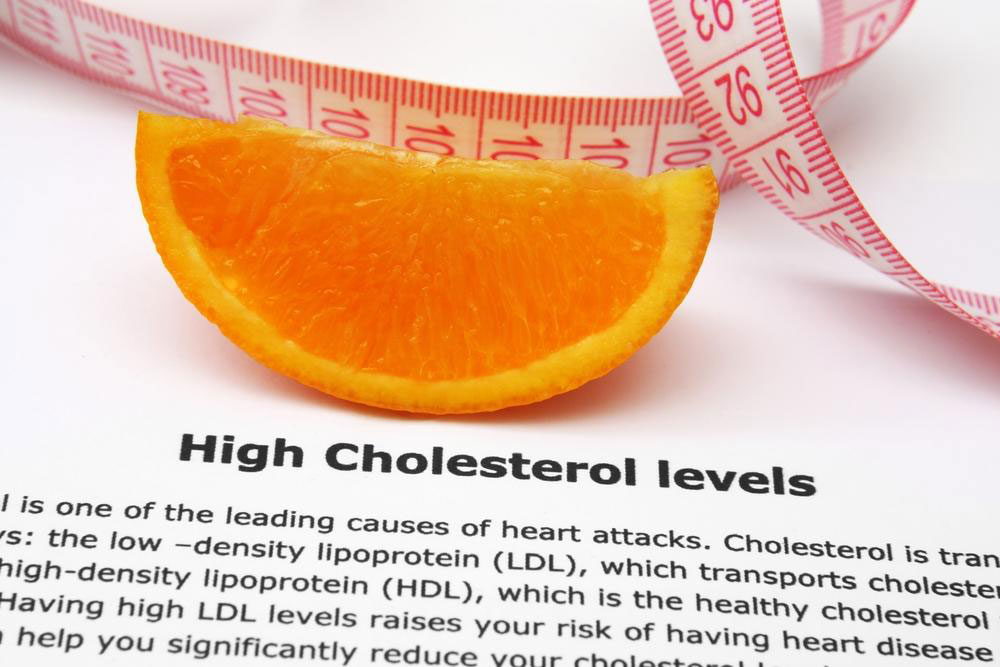
Effective Natural Strategies to Lower Cholesterol Safely and Improve Heart Health
Cholesterol plays a vital role in maintaining the overall health and functionality of our bodies. It is an essential substance produced primarily by the liver and is crucial for creating cell membranes, synthesizing vital hormones such as estrogen and testosterone, and supporting various metabolic processes. Despite its importance, having elevated levels of cholesterol in the blood can pose significant risks to cardiovascular health and overall well-being. In response, many individuals seek natural ways to regulate their cholesterol levels effectively without relying solely on medications.
Understanding the journey of cholesterol in our body is fundamental to managing it. Cholesterol is transported through the bloodstream in structures called lipoproteins, primarily classified into Low-Density Lipoproteins (LDL) and High-Density Lipoproteins (HDL). LDL, often termed as 'bad' cholesterol, can deposit excess cholesterol on arterial walls, forming plaques that lead to narrowing and blockages in arteries. These blockages increase the risk of serious health events such as strokes, heart attacks, and kidney complications. On the contrary, HDL, known as 'good' cholesterol, helps remove excess cholesterol from the bloodstream and transports it back to the liver for processing and excretion, offering protective effects against cardiovascular diseases.
While some factors influencing cholesterol are genetic, lifestyle choices play a significant role in determining one's cholesterol profile. Fortunately, adopting natural lifestyle modifications can considerably improve cholesterol levels and reduce associated health risks. These strategies focus on dietary adjustments, physical activity, weight management, and other healthy habits that promote a balanced lipid profile.
One of the most effective ways to manage cholesterol naturally is to focus on dietary choices. Emphasizing healthy fats, such as monounsaturated and polyunsaturated fats, can make a significant difference. Foods rich in monounsaturated fats include avocados, olives, nuts (like almonds and walnuts), and oils such as canola and olive oil. These fats help lower LDL cholesterol levels while preserving or even increasing HDL cholesterol, thus promoting heart health.
Polyunsaturated fats, especially Omega-3 fatty acids found in fatty fish like salmon, mackerel, sardines, and herring, are renowned for their ability to reduce LDL cholesterol levels and support cardiovascular wellness. Incorporating these fish into your diet at least twice a week can yield noticeable improvements in your lipid profile. Furthermore, foods fortified with plant sterols and stanols—naturally occurring substances found in small amounts in many plant-based foods—can obstruct cholesterol absorption in the intestines, effectively lowering blood cholesterol levels.
Equally important is the avoidance of trans fats, which are artificially produced during hydrogenation processes used in some processed foods. Trans fats not only elevate LDL cholesterol but also decrease HDL cholesterol, thereby increasing the risk of heart disease. Reading food labels diligently and steering clear of products containing partially hydrogenated oils are crucial steps in a natural cholesterol-lowering strategy.
Physical activity is another cornerstone of cholesterol management. Regular aerobic exercises, such as brisk walking, jogging, cycling, swimming, or dancing, can elevate your HDL levels and reduce LDL levels. Engaging in at least 150 minutes of moderate-intensity exercise per week is recommended for overall cardiovascular health. Exercise aids in weight management, lowers blood pressure, improves blood circulation, and enhances the body’s ability to regulate cholesterol effectively.
Maintaining a healthy weight is also critical in controlling cholesterol levels. Excess body weight, especially around the abdomen, is associated with higher LDL cholesterol and lower HDL levels. Combining dietary improvements with physical activity can help shed excess pounds and improve your lipid profile. Even modest weight loss of 5-10% can significantly impact cholesterol and overall health.
Other helpful practices include quitting smoking, managing stress, limiting alcohol intake, and ensuring sufficient sleep. Smoking cessation improves HDL levels and reduces arterial damage, while stress management techniques such as meditation or yoga can positively influence heart health. Limiting alcohol consumption prevents increases in triglycerides and other harmful effects related to excessive drinking.
In conclusion, adopting a holistic and natural approach to lowering cholesterol involves making informed dietary choices, staying physically active, maintaining a healthy weight, and fostering overall lifestyle habits that promote cardiovascular wellness. While these methods can significantly improve your cholesterol profile and reduce disease risk, it’s essential to work with healthcare professionals for personalized advice, especially if you have existing health conditions or extremely high cholesterol levels. Through consistent effort and natural strategies, you can effectively manage your cholesterol and enjoy a healthier, more vibrant life.
